
Rhodes: The Jewel of the Aegean Sea
Rhodes, the largest of Greece's Dodecanese islands, is a place where ancient history meets modern charm. As you walk through the Old Town, a UNESCO World Heritage Site, you'll be transported back to the medieval era with its cobblestone streets, towering stone walls, and the majestic Palace of the Grand Master. This historic area is one of the best-preserved medieval towns in Europe and is filled with museums, shops, and cafes that offer a glimpse into the island's rich past. Beyond the ancient walls of the Old Town, Rhodes offers stunning beaches with crystal-clear waters perfect for swimming, snorkeling, or simply soaking up the sun. The beaches of Faliraki and Tsambika are particularly popular, offering a range of water sports and beachside amenities. If you prefer a more serene setting, head to the secluded bays of Anthony Quinn and St. Paul's for a peaceful retreat. Rhodes is also a haven for nature lovers. The island's interior is dotted with lush forests and picturesque villages. Take a hike through the Valley of the Butterflies, where thousands of butterflies congregate during the summer months, or visit the ancient ruins of Kamiros for a taste of the island's ancient Greek heritage. The Acropolis of Lindos, perched high above the sea, offers breathtaking views and a chance to explore one of the most important archaeological sites in Greece.
Local tips in Rhodes
- Visit the Old Town early in the morning to avoid the crowds and enjoy a peaceful walk through its historic streets.
- Rent a car to explore the island's hidden gems and picturesque villages at your own pace.
- Try local delicacies such as 'pitaroudia' (chickpea fritters) and 'melekouni' (honey and sesame snack) for an authentic taste of Rhodes.
- Bring comfortable walking shoes, as many of Rhodes' most charming spots are best explored on foot.
- Check out the local festivals and events, especially during the summer months, for a unique cultural experience.
Neighbourhoods in Rhodes
Rhodes: The Jewel of the Aegean Sea
Rhodes, the largest of Greece's Dodecanese islands, is a place where ancient history meets modern charm. As you walk through the Old Town, a UNESCO World Heritage Site, you'll be transported back to the medieval era with its cobblestone streets, towering stone walls, and the majestic Palace of the Grand Master. This historic area is one of the best-preserved medieval towns in Europe and is filled with museums, shops, and cafes that offer a glimpse into the island's rich past. Beyond the ancient walls of the Old Town, Rhodes offers stunning beaches with crystal-clear waters perfect for swimming, snorkeling, or simply soaking up the sun. The beaches of Faliraki and Tsambika are particularly popular, offering a range of water sports and beachside amenities. If you prefer a more serene setting, head to the secluded bays of Anthony Quinn and St. Paul's for a peaceful retreat. Rhodes is also a haven for nature lovers. The island's interior is dotted with lush forests and picturesque villages. Take a hike through the Valley of the Butterflies, where thousands of butterflies congregate during the summer months, or visit the ancient ruins of Kamiros for a taste of the island's ancient Greek heritage. The Acropolis of Lindos, perched high above the sea, offers breathtaking views and a chance to explore one of the most important archaeological sites in Greece.
When is the best time to go to Rhodes?
Iconic landmarks you can’t miss
Lindos Acropolis
Explore the ancient Acropolis of Lindos, a stunning historical site with breathtaking views of the Aegean Sea and a rich, layered past.
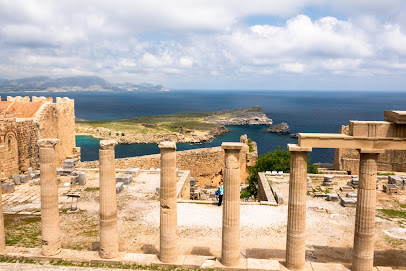
Palace of the Grand Master of the Knights of Rhodes
Explore the Palace of the Grand Master in Rhodes, a medieval castle showcasing Gothic architecture and a rich history of the Knights Hospitaller.
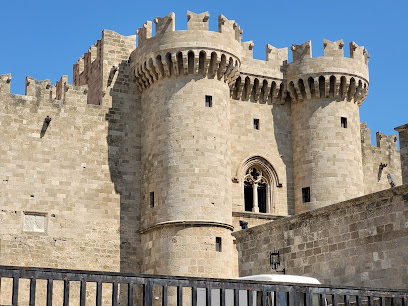
Medieval City of Rhodes
Explore Rhodes' Medieval City: a UNESCO site with knightly castles, cobblestone streets, and centuries of history within ancient walls.
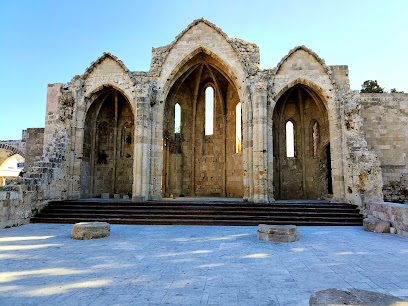
Kallithea Springs
Discover the beauty and history of Kallithea Springs in Rhodes: stunning architecture, therapeutic waters, and a serene coastal escape.
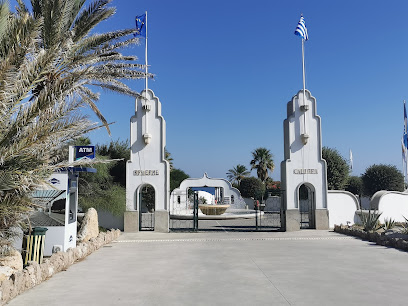
Mandraki Marina & Port
Explore Rhodes' legendary harbor: where ancient history meets modern maritime charm. Discover iconic statues, windmills, and stunning Aegean views.
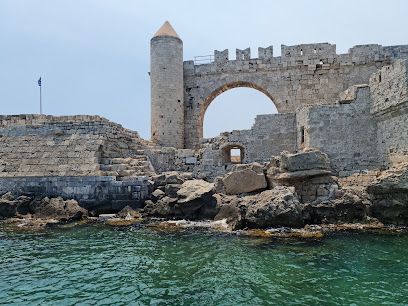
Acropolis of Rhodes
Explore the Acropolis of Rhodes, an ancient hilltop complex with temples, stadium and breathtaking views of Rhodes city and the Aegean Sea.
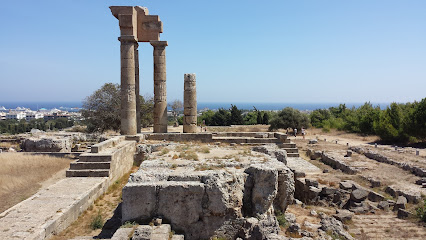
Colossus of Rhodes
Explore the legendary site of the Colossus of Rhodes, a marvel of the ancient world and symbol of Rhodian strength.
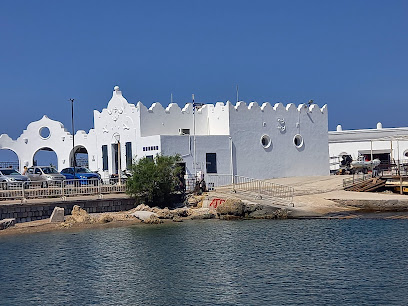
Archaeological Museum of Rhodes
Discover Rhodes' ancient past within the walls of a medieval knights' hospital at the Archaeological Museum.
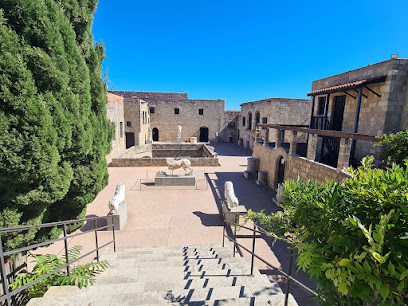
Archaeological Site of Kamiros
Step back in time at Kamiros, a remarkably preserved ancient city on Rhodes, offering a glimpse into Dorian life and Hellenistic urban planning.
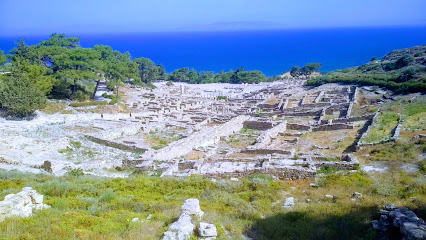
Filerimos Monastery
Explore a historic monastery atop Filerimos Hill in Rhodes, blending ancient ruins with panoramic Aegean Sea views and tranquil gardens.
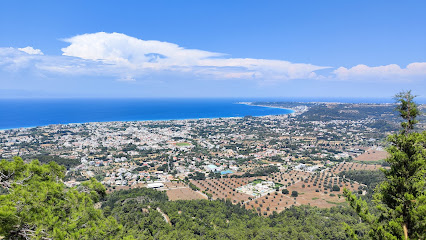
Farma of Rhodes | Petting Zoo
Interact with exotic animals, explore botanical gardens, and savor local flavors at this unique Rhodes petting zoo near Butterfly Valley.
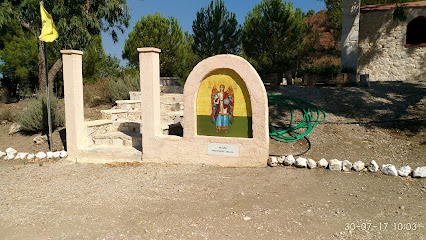
Medieval Clock Tower
Climb Rhodes' Medieval Clock Tower for panoramic Old Town views, a glimpse into island history, and a complimentary cafe treat.
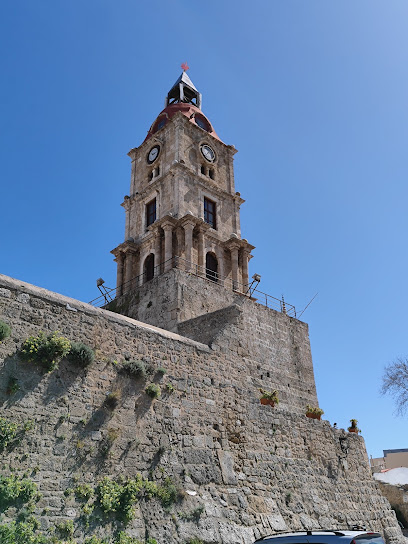
Ancient Stadium of Rhodes
Explore the remarkably preserved Ancient Stadium of Rhodes, where echoes of athletic glory resonate through the ages.
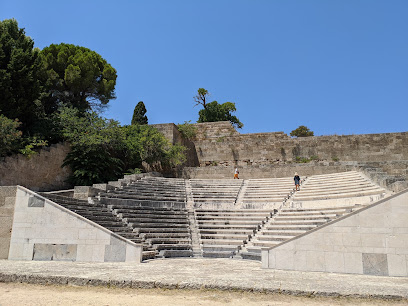
Throne of Helios: The History of Rhodes 9D Experience
Experience the history and mythology of Rhodes like never before with thrilling 9D cinema technology and immersive special effects!
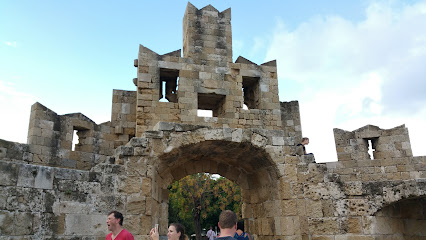
Street of the Knights of Rhodes
Discover the captivating history and stunning architecture of the Street of the Knights of Rhodes, a UNESCO World Heritage site that enchants every visitor.
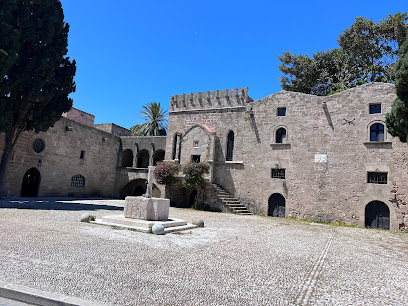
Unmissable attractions to see
Lindos Acropolis
Discover the ancient wonders of the Acropolis of Lindos, a breathtaking historical landmark overlooking the Aegean Sea.
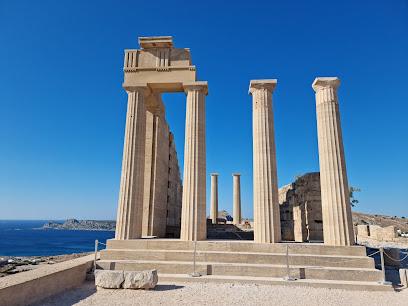
Palace of the Grand Master of the Knights of Rhodes
Explore the Palace of the Grand Master of the Knights of Rhodes, a magnificent historical landmark that showcases the island's rich cultural heritage and architectural beauty.
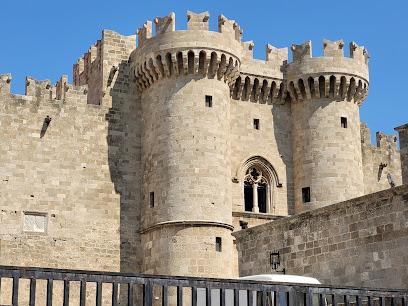
Medieval City of Rhodes
Explore the Medieval City of Rhodes, a UNESCO World Heritage site rich in history, stunning architecture, and vibrant local culture.
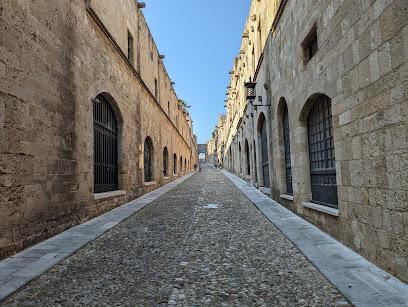
Butterflies Valley
Explore the serene beauty of Butterflies Valley in Rhodes, Greece, where nature and vibrant butterflies create a breathtaking outdoor experience.
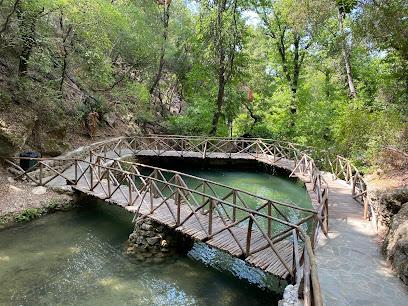
Kallithea Springs
Experience the serene beauty and historical charm of Kallithea Springs in Rhodes, Greece, a perfect blend of nature and cultural heritage.

Mandraki Marina & Port
Explore the stunning Mandraki Marina & Port in Rhodes, a vibrant destination filled with history, breathtaking views, and delightful local cuisine.
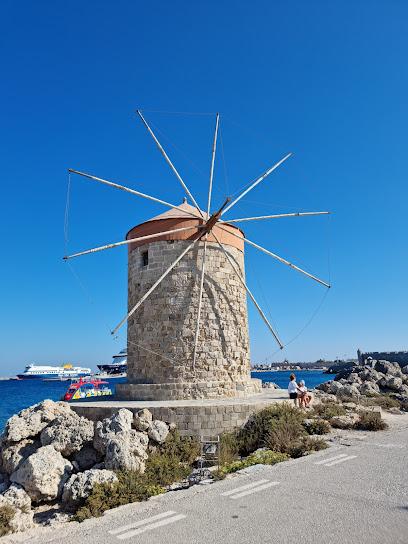
Marmaris Castle and Archeology Museum
Discover the rich history and stunning views at Marmaris Castle and Archeology Museum, a must-visit tourist attraction in Turkey.
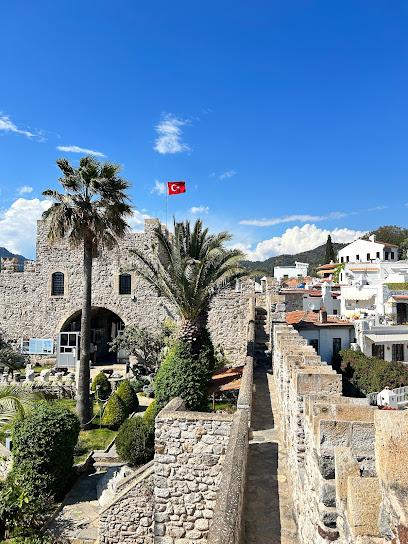
Seven Springs
Experience the tranquility and natural beauty of Seven Springs in Archangelos, Greece, an unforgettable destination for nature lovers and families.
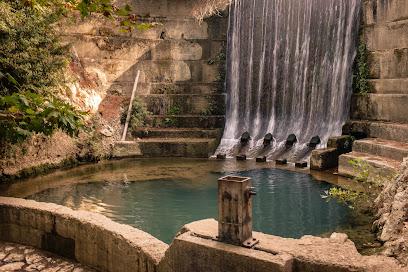
Lindos Beach
Discover the beauty of Lindos Beach in Rhodes, Greece; a perfect blend of relaxation, adventure, and rich cultural experiences await you.
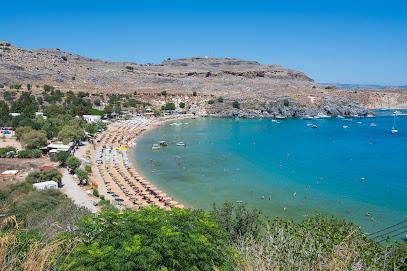
Tsambika Beach
Discover the pristine beauty and vibrant atmosphere of Tsambika Beach, a must-visit destination on the stunning island of Rhodes, Greece.
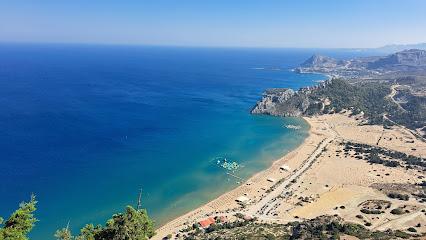
Kızkumu Plajı
Discover the beauty of Kızkumu Beach in Marmaris, where a stunning sandbar meets turquoise waters for a perfect day of relaxation and adventure.
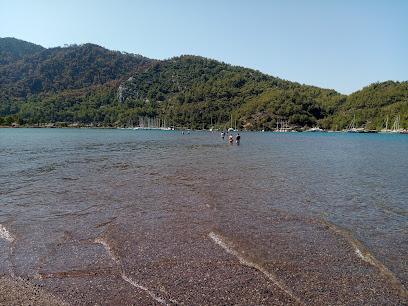
Marmaris National Park
Explore the natural beauty of Marmaris National Park, a serene escape in Turkey featuring lush forests, crystal-clear waters, and diverse wildlife.
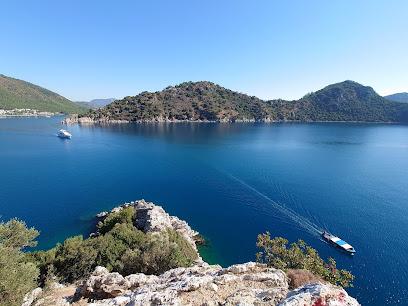
Sea Gate
Discover the historical Sea Gate in Rhodes, an architectural marvel that offers stunning views and a glimpse into the island's rich past.
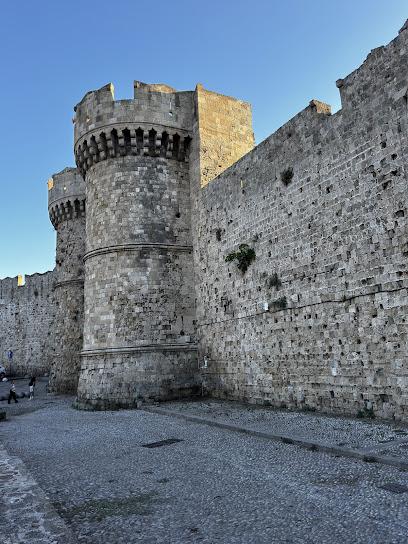
WaterPark
Discover endless thrills and relaxation at Rhodes WaterPark, the ultimate water destination on the beautiful island of Rhodes, Greece.
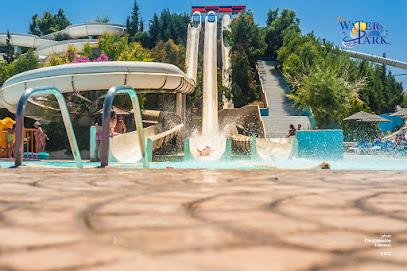
Agia Agathi Beach (Golden Sand)
Discover the serene beauty of Agia Agathi Beach, where golden sands meet crystal-clear waters in a picturesque setting on the island of Rhodes.
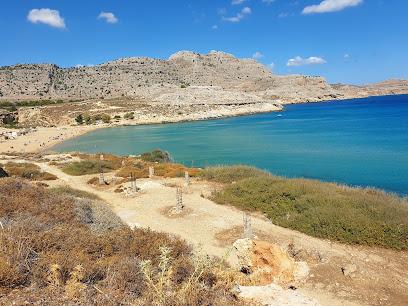
Essential places to dine
Socratous Garden
Experience authentic Greek cuisine and vibrant nightlife at Socratous Garden in Rhodes – where every visit is a celebration.
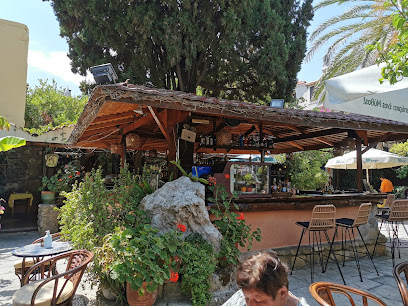
Mama Sofia
Experience authentic Greek flavors at Mama Sofia in Rhodes' Old Town; where tradition meets culinary excellence.
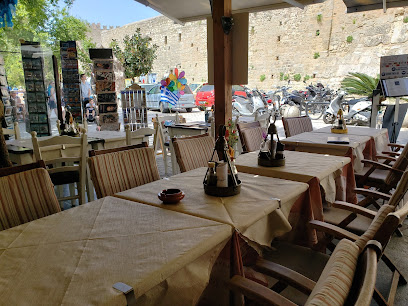
Koukos Rhodian Guesthouse
Discover authentic Greek cuisine at Koukos Rhodian Guesthouse – a unique blend of restaurant, bakery, bar, and hotel experience in the heart of Rhodes.
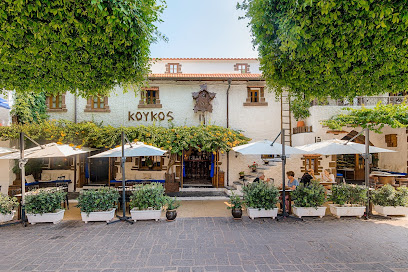
La Veranda
Discover authentic Greek flavors at La Veranda in Rhodes' enchanting Old Town - where every meal tells a story.
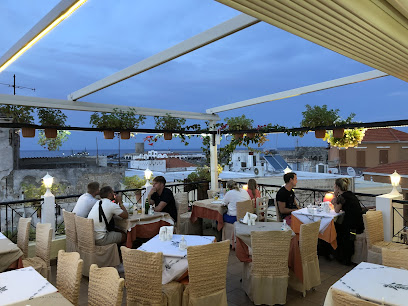
4 Rodies
Experience authentic Greek cuisine at 4 Rodies in Rhodes – where every dish tells a story of tradition.
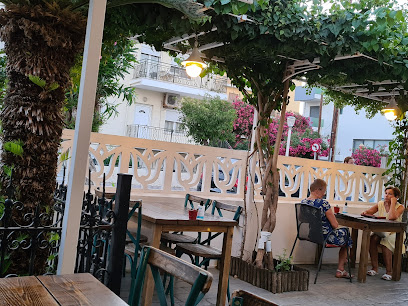
Nimmos
Experience authentic Greek flavors at Nimmos in Rhodes, where culinary tradition meets modern dining in a vibrant atmosphere.
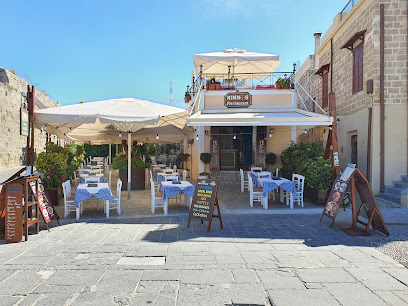
Louis Restaurant
Experience authentic Greek cuisine at Louis Restaurant in Rhodes – where tradition meets flavor in a charming atmosphere.
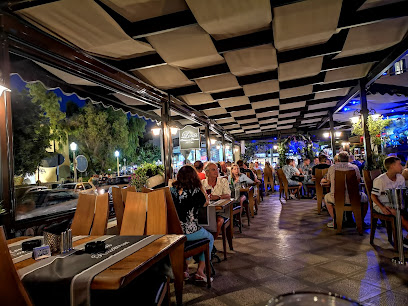
Dafni
Savor authentic Greek flavors at Dafni, Rhodes' top Mediterranean restaurant known for its fresh oysters and warm hospitality.
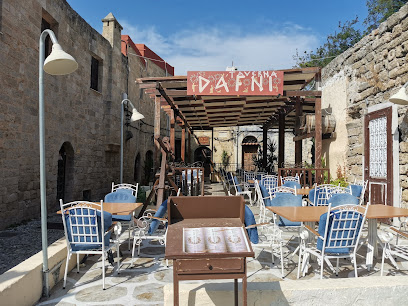
at Thomas
Experience authentic Greek cuisine at Thomas in Rhodes' medieval city – where tradition meets modern culinary excellence.
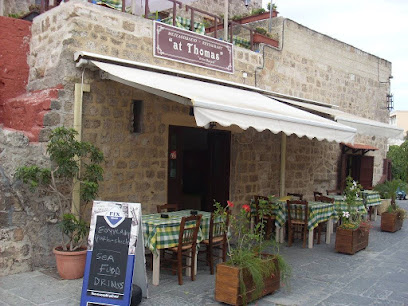
Romeo Restaurant
Discover authentic Mediterranean cuisine at Romeo Restaurant in Rhodes – where flavor meets tradition in every dish.
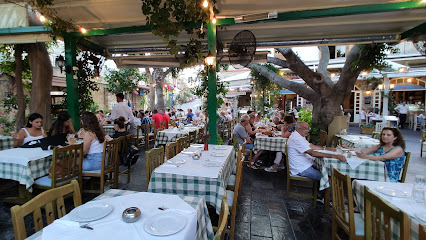
Greek Stories
Experience the heart of Greek cuisine at Greek Stories in Rhodes - where every dish is a journey through flavor.
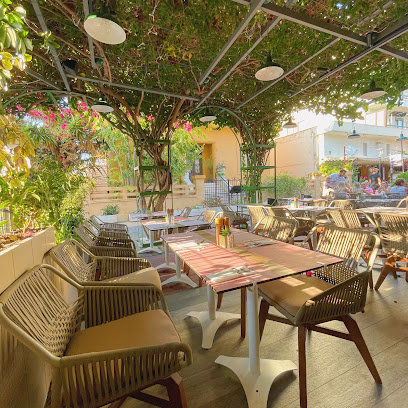
Peskesi Greek Cuisine
Experience authentic Greek cuisine at Peskesi in Rhodes - a culinary delight with locally sourced ingredients and warm hospitality.
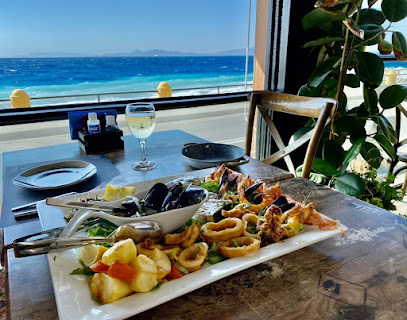
Elia - Olive Restaurant
Experience authentic Greek flavors at Elia - Olive Restaurant in Rhodes, where every dish tells a story of Mediterranean tradition.
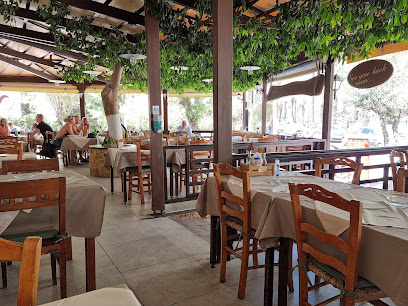
Rustico Restaurant
Experience authentic Greek cuisine at Rustico Restaurant in Rhodes - where tradition meets flavor in a charming atmosphere.
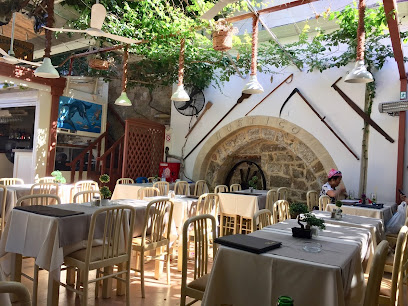
Kerasma
Experience exquisite Mediterranean flavors at Kerasma in Rhodes - where tradition meets innovation in every dish.
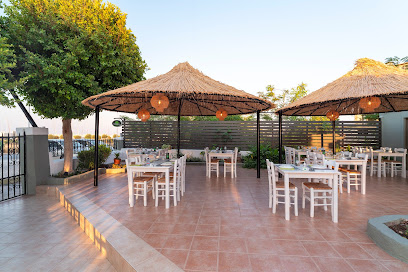
Markets, malls and hidden boutiques
Public Ρόδου - Νέα Μαρίνα
Explore Public Ρόδου - Νέα Μαρίνα, a premier electronics and book store in Rhodes, offering a blend of technology, literature, and gaming in a vibrant setting.
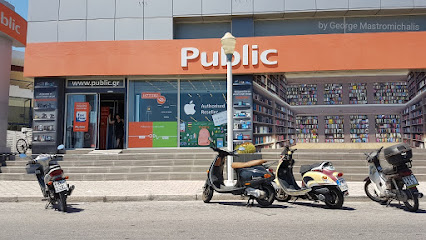
SEPHORA RODOS
Explore a world of beauty at SEPHORA RODOS, where luxury meets affordability in cosmetics, skincare, and fragrances.
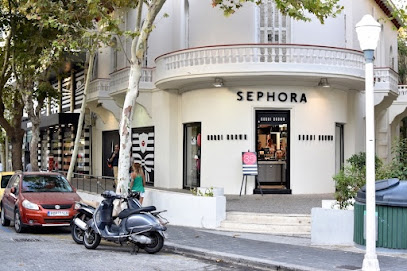
Stradivarius
Discover the latest trends in women's fashion at Stradivarius, Rhodes' premier destination for stylish clothing and accessories.
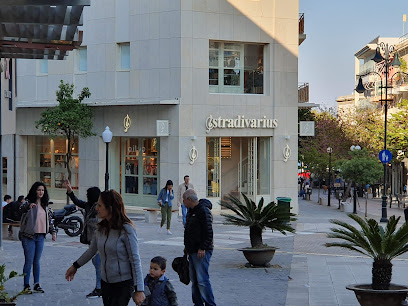
Le Desir Shopping Center
Explore the vibrant Le Desir Shopping Center in Kioitari, a shopping haven featuring diverse stores, delicious dining, and family-friendly entertainment.
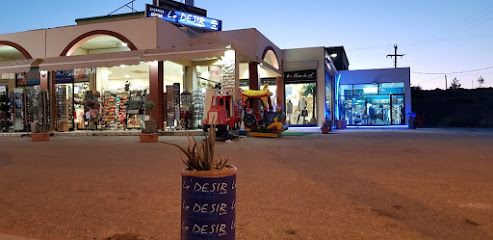
CHATZIGAVRIIL N., Sons O.E.
Discover unique Greek crafts and souvenirs at CHATZIGAVRIIL N., Sons O.E. in Rhodes – a treasure trove of local artistry awaits!
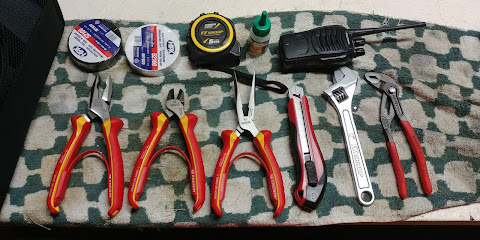
One Euro Shop
Discover unique souvenirs at the One Euro Shop in Rhodes – where every item is just one euro, making memories affordable.
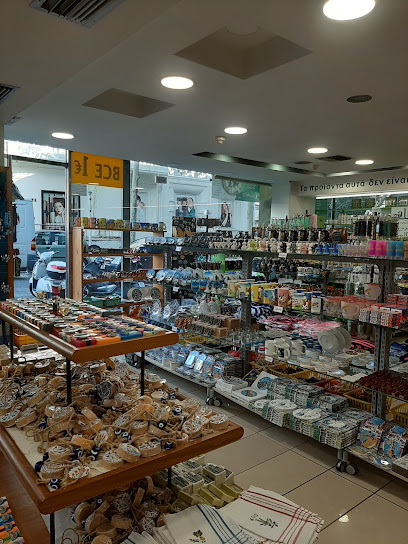
Cairo Palace
Discover Cairo Palace in Rhodes, your ultimate shopping and dining destination offering a mix of high-end boutiques, diverse cuisine, and entertainment options.
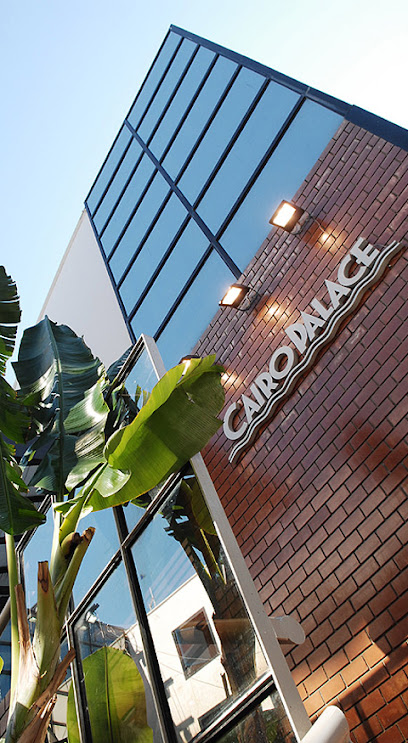
Kori - Cultural Goods
Discover authentic Greek souvenirs and handcrafted treasures at Kori - Cultural Goods in the heart of Lindos.
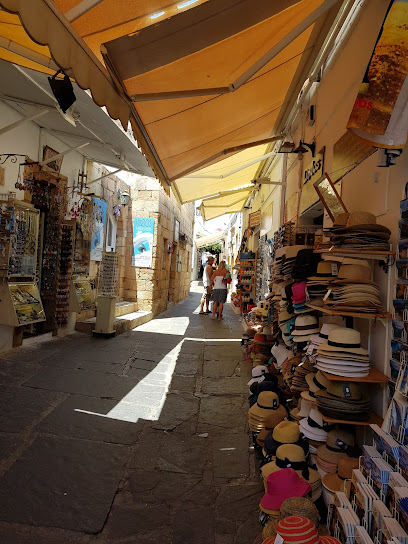
Savvas Sandals
Explore Savvas Sandals in Rhodes for handcrafted leather sandals and accessories, blending traditional craftsmanship with modern style.
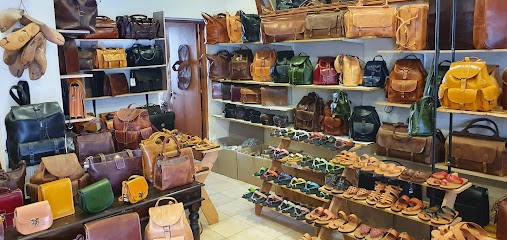
Aromaterie Rhodes - Perfume Αρώματα
Explore the enchanting world of fragrances at Aromaterie Rhodes, where every scent captures the essence of this beautiful Greek island.
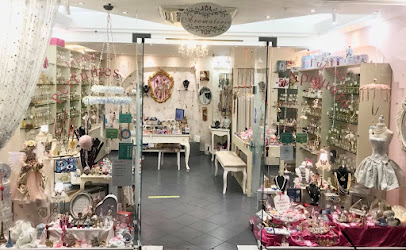
Oh La La
Explore Oh La La in Rhodes for unique gifts, stylish clothing, and unforgettable souvenirs that capture the spirit of Greece.
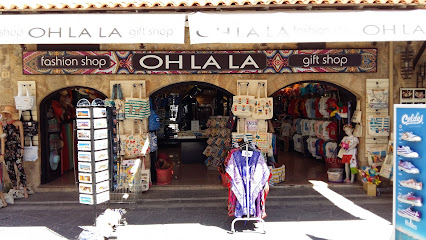
The Cartoon Store
Explore The Cartoon Store in Rhodes for quirky gifts, whimsical toys, and a delightful shopping experience for all ages.
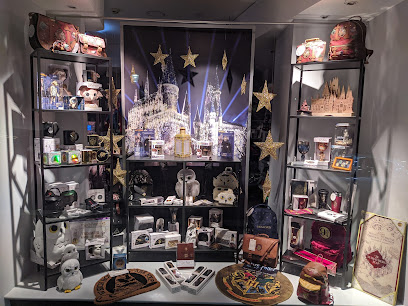
OhDeer.me
Discover the charm of Rhodes at OhDeer.me, a unique gift shop offering a wide selection of authentic souvenirs and local crafts.
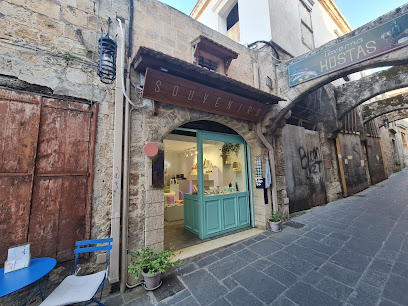
Sidoroff Atelier Rhodes
Discover unique handcrafted gifts at Sidoroff Atelier Rhodes, where quality and creativity meet in a charming shopping experience.
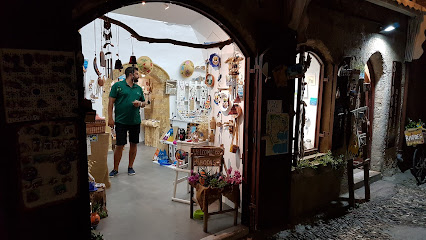
Hellenic Duty Free Shops
Experience unparalleled shopping at Hellenic Duty Free Shops in Rhodes Port, where luxury meets affordability in a stunning coastal setting.
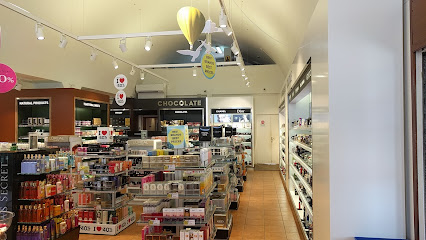
Essential bars & hidden hideouts
The Last Butler
Discover The Last Butler in Rhodes: A Unique Bar, Coffee Shop, and Ham Shop Offering Craft Cocktails and Gourmet Delights.
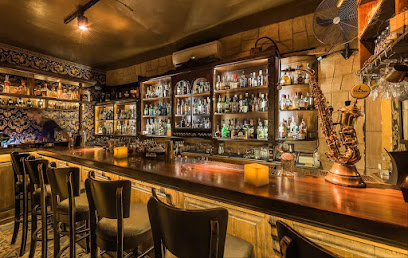
Myga
Discover Myga, Rhodes' trendy bar and coffee shop, offering delightful cocktails and brews in a vibrant atmosphere perfect for relaxation.
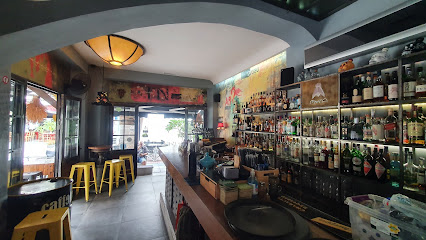
The Union cocktail Bar
Discover the vibrant nightlife at The Union Cocktail Bar in Rhodes, where innovative cocktails meet a lively atmosphere for an unforgettable experience.
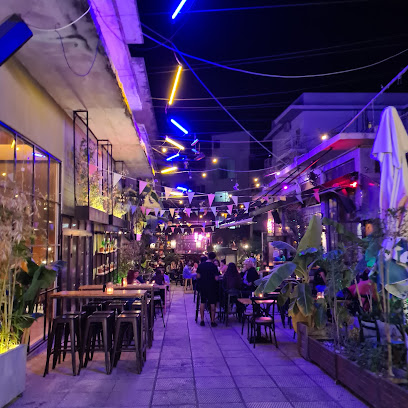
JJ BAR
Unwind at JJ BAR in Rhodes – a lively hookah and cocktail bar that promises an unforgettable night out with friends and diverse entertainment options.
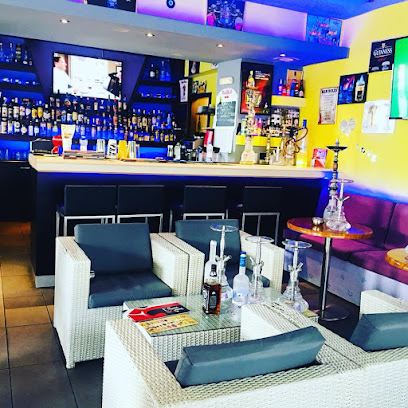
Legends Rock Bar
Experience the electrifying atmosphere of Legends Rock Bar, Rhodes’ premier live music venue for rock enthusiasts and night owls alike.
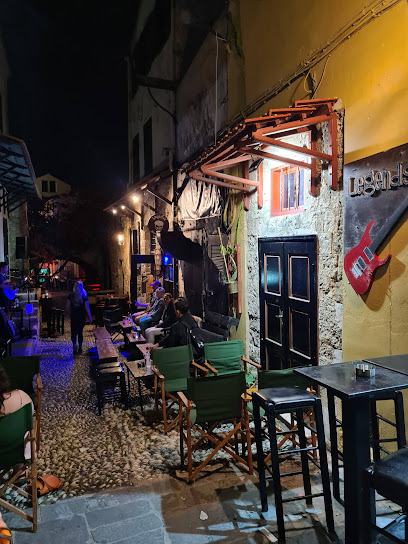
The Walk Inn
Experience the vibrant flavors and lively atmosphere at The Walk Inn, Rhodes' premier pub and Italian restaurant, perfect for food lovers and music enthusiasts.
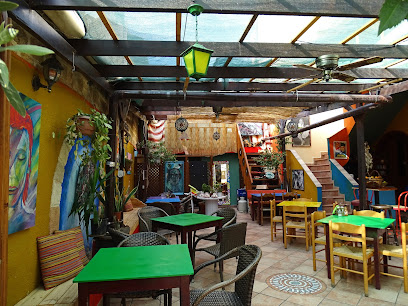
Johnny's Pub
Discover the lively charm of Johnny's Pub in Rhodes, Greece, where locals and tourists come together to enjoy great drinks and vibrant ambiance.
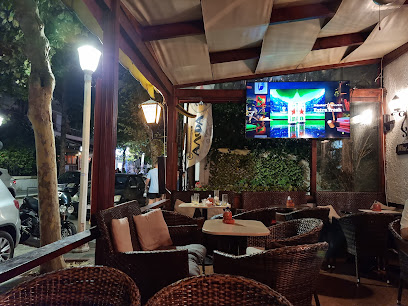
Saloon The Pub
Discover the lively ambiance and extensive drink selection at Saloon The Pub, Rhodes' premier bar destination for unforgettable nights.
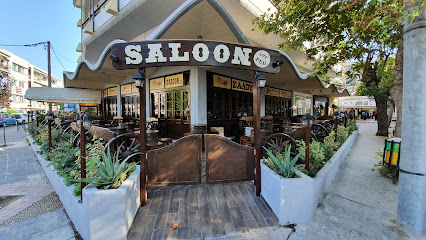
Alter Ego Summer
Experience the vibrant nightlife of Rhodes at Alter Ego Summer - your go-to cocktail bar and Mediterranean restaurant.
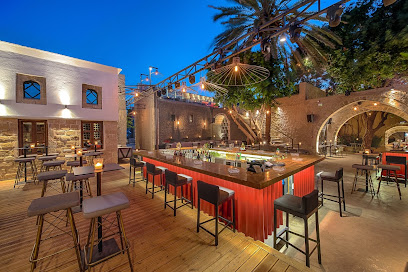
Flaws All Day Bar
Experience the vibrant nightlife at Flaws All Day Bar in Rhodes, where delicious drinks and a lively atmosphere await you.
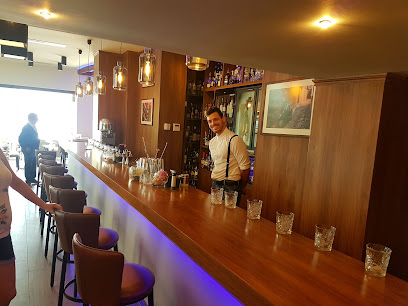
Veto Bar
Experience the vibrant nightlife of Rhodes at Veto Bar, a premier gastropub offering delicious food, drinks, and a lively atmosphere.
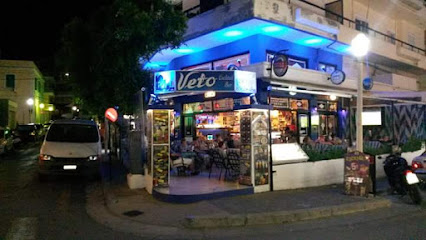
Big Brother Bar
Discover the heart of Rhodes' nightlife at Big Brother Bar, where lively ambiance and refreshing drinks come together for an unforgettable experience.
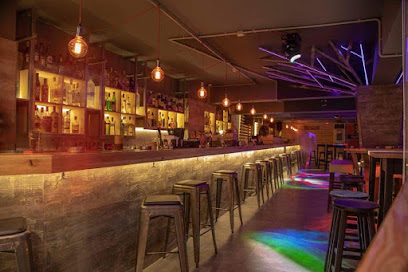
Red Lion Bar
Discover the vibrant nightlife of Rhodes at the Red Lion Bar, where great drinks and good company come together in an unforgettable atmosphere.
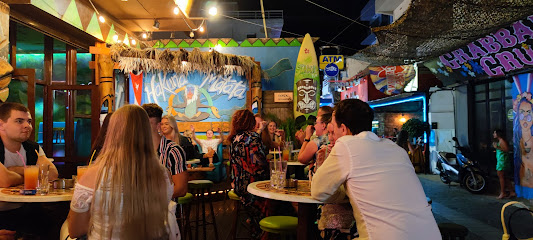
Reflections Pub. Bar
Experience the vibrant nightlife at Reflections Pub, Rhodes' top spot for drinks, live music, and a lively atmosphere that brings locals and tourists together.
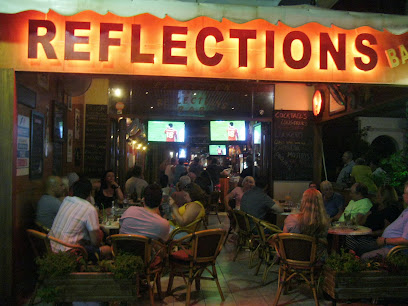
Hakuna Matata Tiki Bar
Discover the tropical charm of Hakuna Matata Tiki Bar in Rhodes, where cocktails, music, and vibrant nightlife await you.
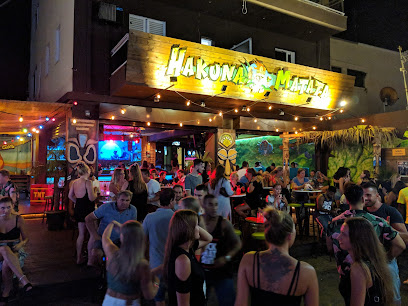
Travel experiences inspired by this city
Explore more travel diariesLocal Phrases
-
- HelloΓεια σας
[Yia sas] - GoodbyeΑντίο
[Adio] - YesΝαι
[Ne] - NoΌχι
[Ochi] - Please/You're welcomeΠαρακαλώ
[Parakalo] - Thank youΕυχαριστώ
[Efharisto] - Excuse me/SorryΣυγνώμη
[Signomi] - How are you?Τι κάνεις;
[Ti kanis?] - Fine. And you?Καλά. Εσύ;
[Kala. Esi?] - Do you speak English?Μιλάτε αγγλικά;
[Milate anglika?] - I don't understandΔεν καταλαβαίνω
[Den katalaveno]
- HelloΓεια σας
-
- I'd like to see the menu, pleaseΘα ήθελα να δω το μενού, παρακαλώ
[Tha ithela na do to menu, parakalo] - I don't eat meatΔεν τρώω κρέας
[Den troo kreas] - Cheers!Υγεία!
[Ygeia!] - I would like to pay, pleaseΘα ήθελα να πληρώσω, παρακαλώ
[Tha ithela na plirosso, parakalo]
- I'd like to see the menu, pleaseΘα ήθελα να δω το μενού, παρακαλώ
-
- Help!Βοήθεια!
[Voithia!] - Go away!Φύγε!
[Fiye!] - Call the Police!Καλέστε την Αστυνομία!
[Kaleste tin Astinomia!] - Call a doctor!Καλέστε γιατρό!
[Kaleste giatro!] - I'm lostΈχω χαθεί
[Eho hatei] - I'm illΕίμαι άρρωστος
[Eimai arrostos]
- Help!Βοήθεια!
-
- I'd like to buy...Θα ήθελα να αγοράσω...
[Tha ithela na agoraso...] - I'm just lookingΑπλά κοιτάω
[Apla kitao] - How much is it?Πόσο κοστίζει;
[Poso kostizi?] - That's too expensiveΑυτό είναι πολύ ακριβό
[Afto ine poli akribo] - Can you lower the price?Μπορείτε να μειώσετε την τιμή;
[Borite na meiosete tin timi?]
- I'd like to buy...Θα ήθελα να αγοράσω...
-
- What time is it?Τι ώρα είναι;
[Ti ora ine?] - It's one o'clockΕίναι μία ώρα
[Ine mia ora] - Half past (10)Μισή (10)
[Misi (10)] - MorningΠρωί
[Proi] - AfternoonΑπόγευμα
[Apoyevma] - EveningΒράδυ
[Vradi] - YesterdayΧθες
[Hthes] - TodayΣήμερα
[Simera] - TomorrowΑύριο
[Avrio] - 1Ένα
[Ena] - 2Δύο
[Dio] - 3Τρία
[Tria] - 4Τέσσερα
[Tessera] - 5Πέντε
[Pente] - 6Έξι
[Exi] - 7Επτά
[Epta] - 8Οκτώ
[Okto] - 9Εννιά
[Ennia] - 10Δέκα
[Deka]
- What time is it?Τι ώρα είναι;
-
- Where's a/the...?Πού είναι ένα/το...;
[Pou ine ena/to...?] - What's the address?Ποια είναι η διεύθυνση;
[Pia ine i diefthinsi?] - Can you show me (on the map)?Μπορείτε να μου δείξετε (στο χάρτη);
[Borite na mou dixete (sto charti)?] - When's the next (bus)?Πότε είναι το επόμενο (λεωφορείο);
[Pote ine to epomeno (leoforeio)?] - A ticket (to ....)Ένα εισιτήριο (προς ....)
[Ena isitirio (pros ....)]
- Where's a/the...?Πού είναι ένα/το...;
History of Rhodes
-
Rhodes, an island in the southeastern Aegean Sea, was founded in 408 BC when the cities of Ialyssos, Kamiros, and Lindos united to form a single entity. This strategic location made Rhodes a significant maritime and economic hub in ancient Greece.
-
During the Hellenistic period, Rhodes became renowned for its schools of philosophy, science, and the arts. The island's most famous landmark, the Colossus of Rhodes, one of the Seven Wonders of the Ancient World, was constructed between 292 and 280 BC to celebrate Rhodes' victory over Cyprus.
-
In 164 BC, Rhodes became a province of the Roman Republic. Despite the political changes, Rhodes maintained a degree of autonomy and continued to flourish as a center of commerce and culture. The island became a favorite destination for Roman aristocrats and scholars.
-
After the fall of the Western Roman Empire, Rhodes became part of the Byzantine Empire in the 4th century AD. It remained a crucial military and naval base, playing a significant role in the defense against Arab invasions during the 7th and 8th centuries.
-
In 1309, the Knights of St. John, also known as the Knights Hospitaller, took control of Rhodes. They fortified the city, building impressive structures like the Palace of the Grand Master and the city walls, which still stand today. The knights defended the island against numerous Ottoman sieges until 1522.
-
After a long and relentless siege in 1522, the Knights of St. John surrendered Rhodes to the Ottoman Empire. The island remained under Ottoman rule for almost 400 years, during which it saw the construction of mosques, baths, and other Islamic architectural influences.
-
In 1912, during the Italo-Turkish War, Rhodes was captured by Italy. The Italian occupation, lasting until 1943, brought significant infrastructure improvements and a blend of architectural styles. The Italians restored many medieval buildings and erected new structures in the fascist architectural style.
-
Rhodes experienced turmoil during World War II, with German occupation following the Italian surrender in 1943. After the war, Rhodes was ceded to Greece in 1947 as part of the Treaty of Paris. The island then underwent rapid development, transforming into a major tourist destination.
-
Today, Rhodes is celebrated for its rich history, stunning natural beauty, and vibrant cultural heritage. The medieval city of Rhodes is a UNESCO World Heritage Site, attracting visitors from around the world to explore its ancient ruins, medieval fortresses, and beautiful beaches.
Rhodes Essentials
-
Rhodes is accessible via the Diagoras International Airport (RHO), located approximately 14 kilometers southwest of the city of Rhodes. The airport offers direct flights from major European cities and domestic flights from Athens. Additionally, Rhodes can be reached by ferry from Piraeus (the port of Athens) and other Aegean islands. The ferry ride from Piraeus typically takes around 12-16 hours, depending on the service.
-
Public transportation in Rhodes includes buses operated by the RODA and KTEL companies, which cover the island extensively. Taxis are readily available and can be hailed on the street or booked via phone or apps. Car rentals are also a popular option for those wanting to explore the island at their own pace. Bicycles and scooters can be rented in the city of Rhodes for convenient short-distance travel.
-
The official currency in Rhodes is the Euro (EUR). Credit cards are widely accepted in hotels, restaurants, and shops, though it is advisable to carry some cash for smaller establishments, markets, and rural areas. ATMs are plentiful in the city of Rhodes and other tourist areas, but it’s wise to withdraw sufficient cash before venturing into more remote parts of the island.
-
Rhodes is generally a safe destination for tourists. However, it is advisable to take standard precautions such as avoiding poorly lit areas at night and keeping an eye on your belongings in crowded places. While there are no specific high-crime areas targeting tourists, be mindful of pickpocketing in busy tourist spots like the Old Town of Rhodes.
-
In case of emergency, dial 112 for immediate assistance. The island has several hospitals and medical clinics, mainly located in the city of Rhodes. Pharmacies are available in most towns and usually have English-speaking staff. It is recommended to have travel insurance that covers medical emergencies and to carry a copy of your insurance policy.
-
Fashion: Do dress modestly when visiting religious sites, covering shoulders and knees. Avoid beachwear in city areas. Religion: Do respect local customs and traditions. When visiting churches, cover your head and keep a respectful demeanor. Public Transport: Do be courteous and give up your seat to elderly passengers. Don't eat or drink on buses. Greetings: Do greet people with a friendly 'Kalimera' (Good morning) or 'Kalispera' (Good evening). A handshake is common. Eating & Drinking: Do try local dishes and accept food and drinks offered by locals graciously. Don't rush meals; dining is a leisurely affair in Greece.
-
To experience Rhodes like a local, visit the village markets where you can buy fresh produce and traditional Greek goods. Engage with locals in the kafenia (coffee shops) to hear stories about the island's history and traditions. Don’t miss the opportunity to explore the lesser-known beaches and hidden coves, which often provide a more secluded and authentic experience. For a unique adventure, take a day trip to the picturesque village of Lindos, known for its stunning Acropolis and charming white-washed houses.
Trending Landmark in Rhodes
-
Lindos Acropolis
-
Palace of the Grand Master of the Knights of Rhodes
-
Medieval City of Rhodes
-
Kallithea Springs
-
Mandraki Marina & Port
-
Acropolis of Rhodes
-
Colossus of Rhodes
-
Archaeological Museum of Rhodes
-
Archaeological Site of Kamiros
-
Filerimos Monastery
-
Farma of Rhodes | Petting Zoo
-
Medieval Clock Tower
-
Ancient Stadium of Rhodes
-
Throne of Helios: The History of Rhodes 9D Experience
-
Street of the Knights of Rhodes
Nearby Cities to Rhodes
-
Things To Do in Marmaris
-
Things To Do in Fethiye
-
Things To Do in Bodrum
-
Things To Do in Kos
-
Things To Do in Kusadasi
-
Things To Do in Samos
-
Things To Do in Pamukkale
-
Things To Do in Ephesus
-
Things To Do in Antalya
-
Things To Do in Izmir
-
Things To Do in Santorini
-
Things To Do in Pyrgos
-
Things To Do in Mykonos
-
Things To Do in Heraklion
-
Things To Do in Crete



















